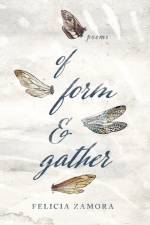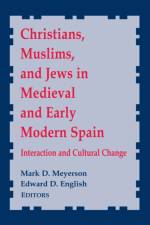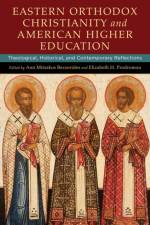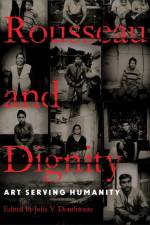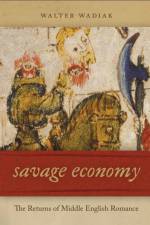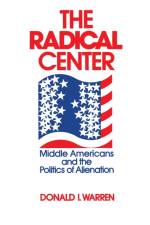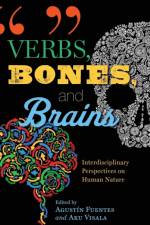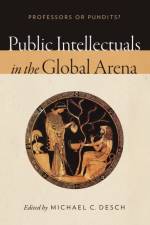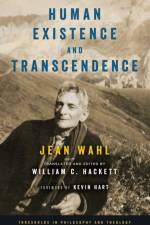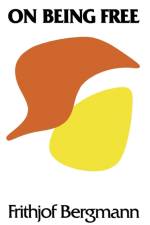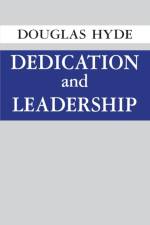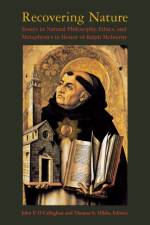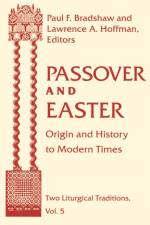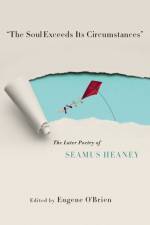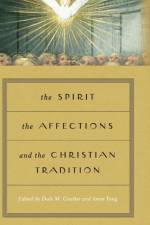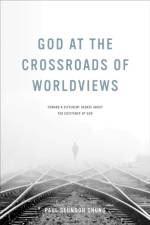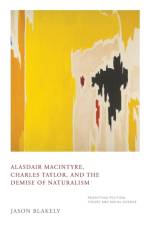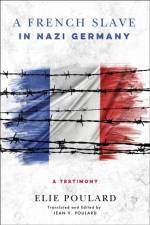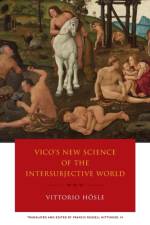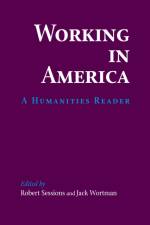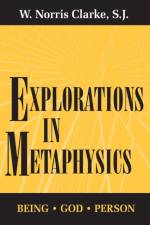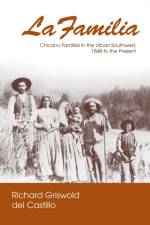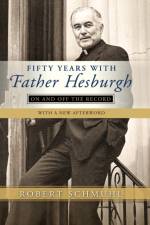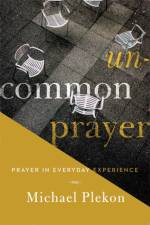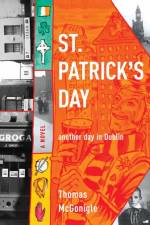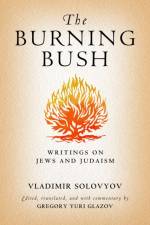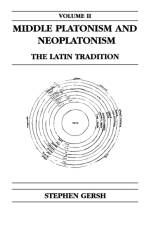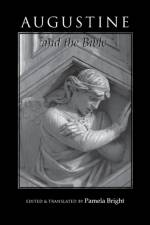- Prayer in Everyday Experience
av Michael Plekon
351 - 1 477
In Uncommon Prayer: Prayer in Everyday Experience, Michael Plekon wants to change our minds on what constitutes prayer. In doing so, he makes a theological claim that commonplace aspects of the Christian life are best understood as prayer, whereby encouraging us to see that everyday life carries religious import; prayer and the religious life are not restricted to special places and times, but are open to all believers at all times. Plekon examines the works of diverse authors, including many who have challenged the status quo of institutional churches. He asks us to listen to what poets, writers, activists, and others tell us about how they pray at work and at home, with colleagues, family, and friends, in all the experiences of life, from joy to suffering, sadness to hope. Among them are Sarah Coakley, Rowan Williams, Heather Havrilesky, Sara Miles, Thomas Merton, Mary Oliver, Christian Wiman, Mary Karr, Barbara Brown Taylor, Dorothy Day, Maria Skobtsova, Paul Evdokimov, Seraphim of Sarov, and Richard Rohr. Plekon argues that prayer encompasses a much wider variety of activity than formal and liturgical prayers and that, by recognizing such aspects of prayer, the believer is made more receptive to transformative aspects of prayerful attitudes.

